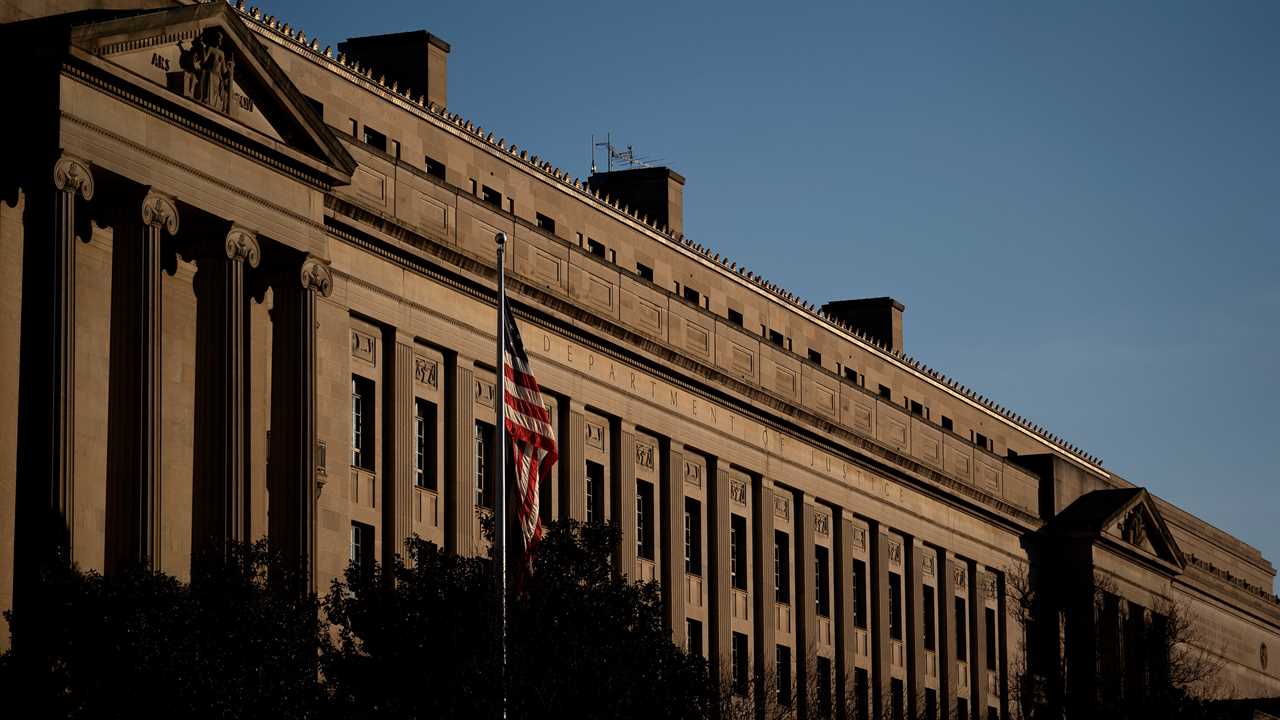
WASHINGTON — Thousands of federal inmates will become eligible for release this week under a rule the Justice Department published on Thursday that allows more people to participate in a program that allows prisoners to earn shorter jail terms.
As part of those guidelines, the Federal Bureau of Prisons has begun transferring eligible inmates to supervised release programs, residential re-entry centers or home confinement.
The rule, together with a decision by the department last month that well-behaved inmates released to home confinement during the pandemic would not have to return to prison, is a major step toward overhauling and shrinking the federal prison system, which some Democrats and Republicans consider costly and often unfair.
The guidelines published in the Federal Register on Thursday affect how the Justice Department and the Bureau of Prisons carry out the First Step Act, the sweeping bipartisan criminal justice legislation enacted in 2018 under the Trump administration. The measure expands job training and other efforts aimed at reducing recidivism, expands early-release programs and modifies sentencing laws.
The law gave the Justice Department and the Bureau of Prisons leeway in interpreting some aspects of its implementation, including whether credits for good behavior and job training accrued before the law was passed could be used to apply for early release. Under former Attorney General William P. Barr, the department had proposed a rule that would count only credits assigned and completed after Jan. 15, 2020.
Critics argued that the proposed rule did not accurately reflect the intent of the lawmakers who had drafted the bill, and that it kept thousands of people behind bars who should be immediately released.
Last May, Senators Richard J. Durbin, Democrat of Illinois and the chairman of the Senate Judiciary Committee, and Charles E. Grassley of Iowa, the panel’s top Republican, pressed the Justice Department and the Bureau of Prisons to revise the proposed rule.
The senators said the proposed rule deterred prisoners from participating in First Step Act programs and undercut the effectiveness of the law. They said that it included limitations that were not part of the act, and penalties that were unduly harsh.
“While losing hard-earned credits would be easy, the rule makes restoring credits too difficult,” they wrote.
In the guidelines announced Thursday, the Justice Department said inmates could apply credits that had been earned as far back as 2018, when the First Step Act was enacted, subject to the Bureau of Prisons determining eligibility.
Justice Action Network, a bipartisan criminal justice reform group, said that the new guidelines could result in the release of as many people as were freed immediately after passage of First Step Act, which was more than 3,100. The home confinement decision had already affected about 2,800 inmates. There are 157,596 federal inmates, according to the Bureau of Prisons.






